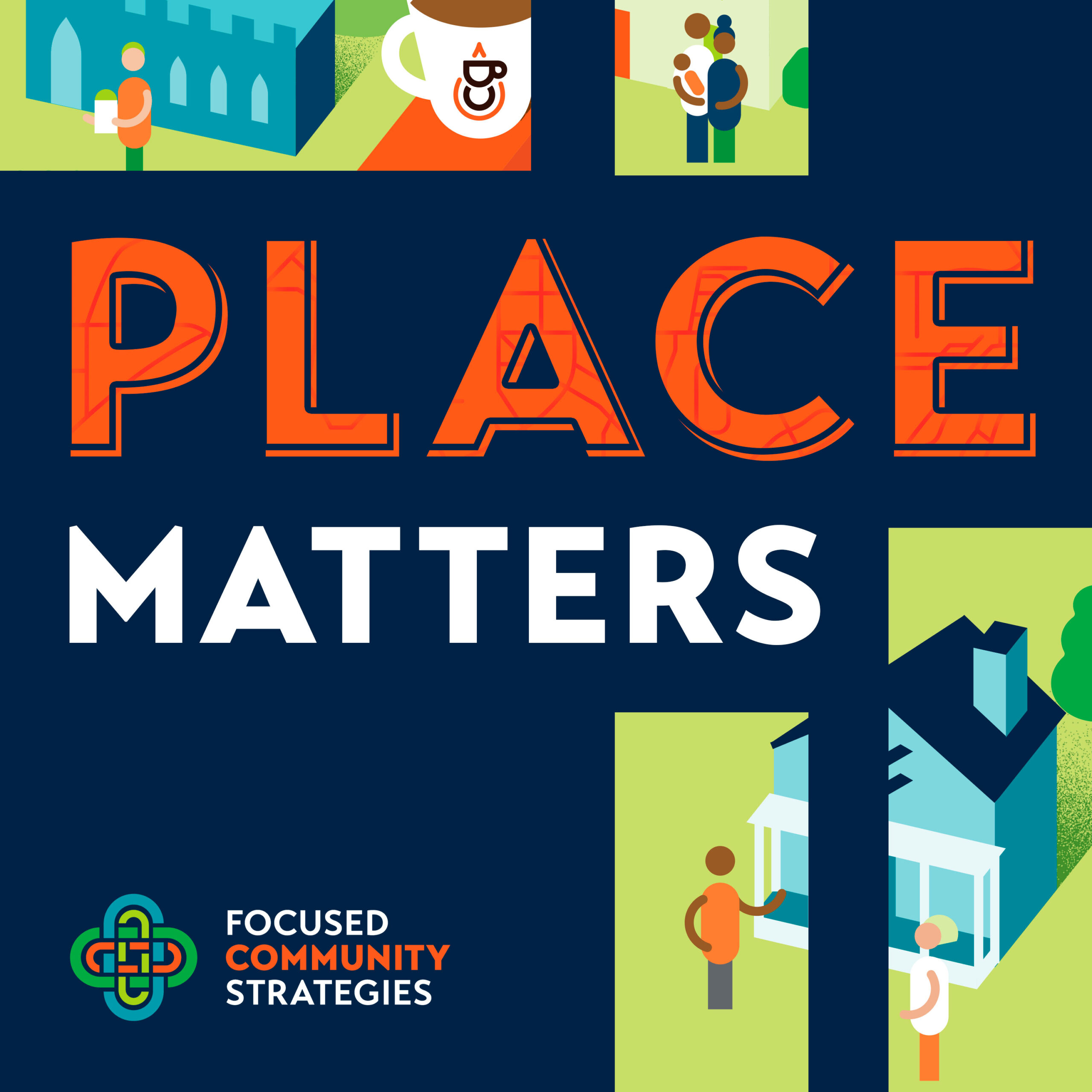Joining here to help us understand why we are where we are is Dr. Jessica Trounstine, Professor of Political Science at Vanderbilt University. Professor Trounstine studies the process and quality of representation in American democracy, focusing on how formal and informal local political institutions generate inequalities. She has served as a consultant for the U.S. Department of Justice, city governments, and various community organizations; and serves on numerous editorial and foundation boards.
Listen in as we discuss her most recent award-winning book, Segregation by Design: Local Politics and Inequality in American Cities.








